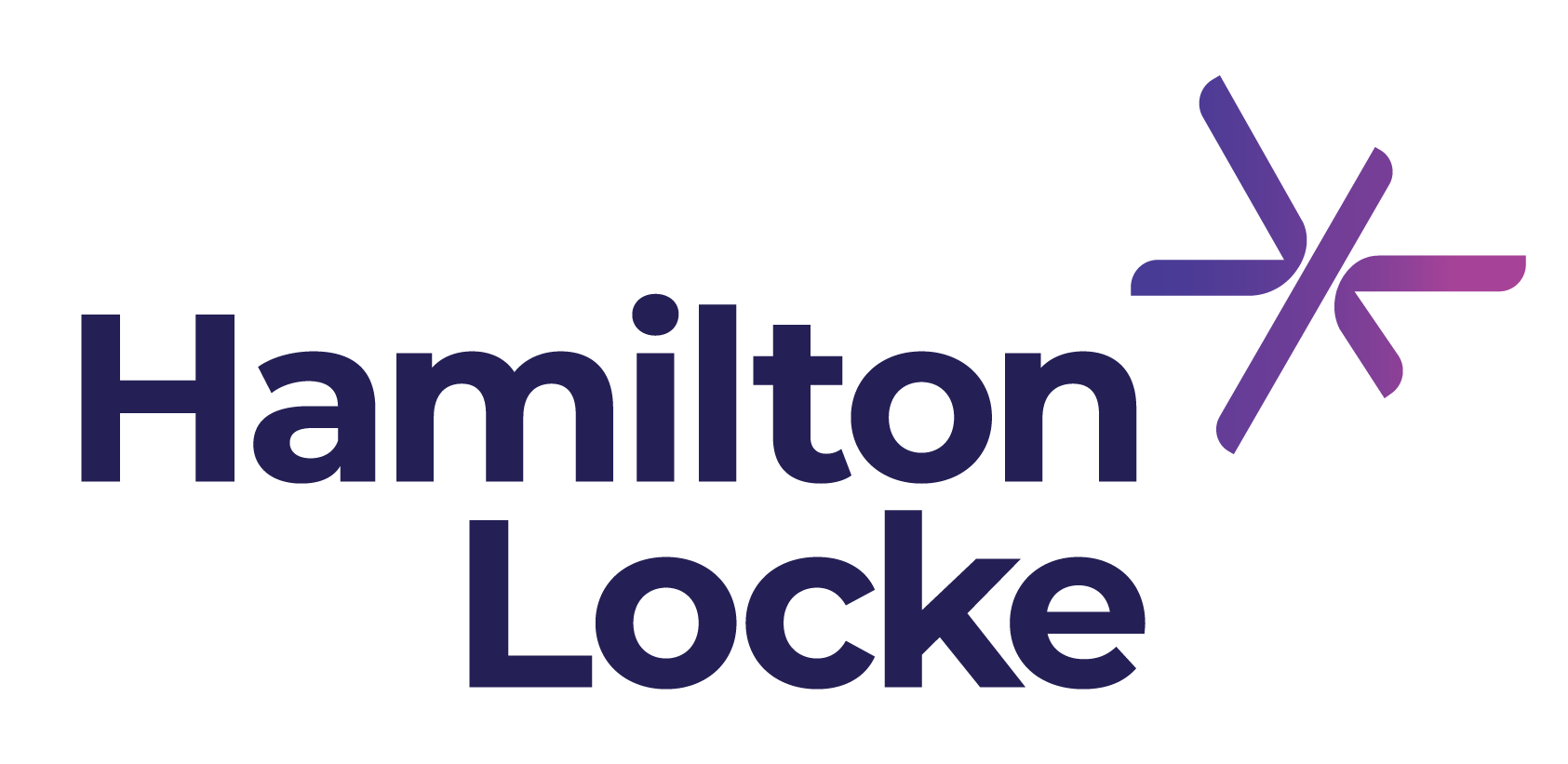ARE YOU GETTING THE LICENCE YOU’RE PAYING FOR?
Published on May 11, 2022 by Nicholas Pavouris and Jaime Lumsden

Purchasing an Australian financial service licence (AFSL) or an Australian credit licence (ACL) is an exciting opportunity to take your financial service business to the next stage of growth. The process is often much quicker than applying for a licence directly, enabling you to get to market fast. One of the critical steps in purchasing a company that holds an AFSL or ACL is ensuring that the licence does what you need it to do and carries no major regulatory risks.
Most buyers understand the general importance of completing due diligence when they acquire a business or asset, and most purchasers also understand that they need to do some level of regulatory due diligence, however, this is often limited to understanding whether there are any regulatory or compliance risks associated with the way the business has been run. What we rarely see are businesses confirming that the licence authorisations actually enable them to provide their desired services.
Not all licenses are the same, in fact, they vary significantly. Whilst on face value it is easy to tell if the licence is appropriate in some respects (e.g. whether it enables both retail and wholesale client business), there are often elements of the licence that require more careful consideration – in particular, having the correct advice and dealing authorisations for the financial products that your business needs.
Whilst the risk is lower for certain licence types, it is still worth confirming. For example, licences for insurance underwriting and insurance broking are relatively straightforward. However, when purchasing one of these types of licences, you should confirm if you are also required to have a claims handling and settling services authorisation, and if so, what type, as these vary from business to business depending on how claims services are being offered and managed. Most financial planning licences typically cover similar financial products, but there are often subtle differences when it comes to rarer or high-risk authorisations, such as whether they cover products like managed discretionary accounts, margin lending and derivatives.
Where we tend to see the biggest risks is with licences for funds and payment products. With these kinds of product offerings, it is important that you take advice on what financial services are being provided and what the licensing implications are. For example, we have seen payments businesses obtain typical payments licences in the past that they believed would cover their product offering, only to find out that they required a licence that not only had authorisations for non-cash payment facilities but also covered basic deposit products and miscellaneous financial investment products which are not as common authorisations in these types of licences. Funds licences tend to vary significantly depending on what the proposed funds will invest in and there is often a need to consider each licence authorisation against the proposed investment offering to ensure that the authorisation suits.
The other common pitfall is in checking that the licence has the right advice and deal authorisations. It is often relatively simple to confirm if the licence supports general or personal advice, but the distinction between the deal authorisations is subtler and less well understood. For example, securing a licence that has an “apply for” authorisation in respect of payments will not support a business of operating a payments system – this business needs the “issue” authorisation. The “arranging” authorisation is even more limited.
What you don’t want to have to deal with is a situation where you need to vary a licence that you have spent considerable money on, in a hope to accelerate your business, because the authorisations are not what is required or because there are other conditions (such as a key person condition) that prevent you from utilising the licence and requiring a lengthy and expensive variation.
What to check for:
- Ask for a full copy of the licence and check the conditions, is there a key person condition, are there any other limits?
- Does the licence allow you to provide advice and deal in the products you need?
- Whether the licence covers retail and wholesale clients and whether you can meet the different requirements that attach to each?
When to engage help:
- If you are unsure what licence authorisations you require
- If you are unsure whether a proposed licence is appropriate
- If you need to vary your licence
If you would like assistance with reviewing a licence or understanding what authorisations you require, please get in touch.
For more information, please contact Jaime Lumsden and Nicholas Pavouris.
May 2022


